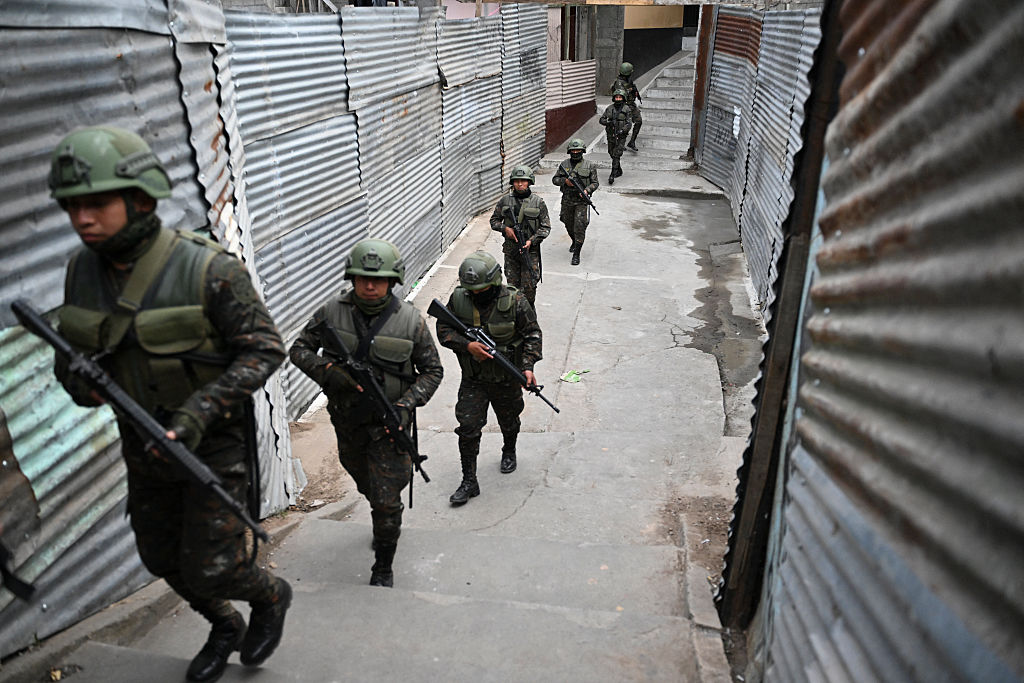Summary - Book Launch of Getting Away With Murder: Benazir Bhutto's Assassination and the Politics of Pakistan
Summary - Book Launch of Getting Away With Murder: Benazir Bhutto's Assassination and the Politics of Pakistan
The UNDP’s Heraldo Muñoz shared insight on his new book and discussed how he was charged to lead a UN commission investigating Bhutto’s death.
Speakers:
- Heraldo Muñoz, UN Assistant Secretary-General, Assistant Administrator and Director for Latin America and the Caribbean, United Nations Development Programme (UNDP) (Author)
- Lally Weymouth, Senior Associate Editor, The Washington Post (Moderator)
Summary
On December 4, AS/COA hosted a book launch for Heraldo Muñoz’s new book Getting Away with Murder: Benazir Bhutto’s Assassination and the Politics of Pakistan. Muñoz—the UN assistant secretary-general and assistant administrator and director for Latin America and the Caribbean at the UNDP—revealed a story of betrayals, corruption, and foreign influence that led to the death of one of the world’s leading politicians, the former prime minister of Pakistan. Offering personal insight, Muñoz situates Bhutto within Pakistan’s turbulent evolution and cites the leader’s murder as the major turning point in the country’s decades-long relationship with the United States. Lally Weymouth of The Washington Post interviewed the author about his experiences in writing the book as well as his thoughts surrounding Bhutto’s assassination.
How Muñoz Got Involved
First, Weymouth asked Muñoz about the UN commission charged with investigating Bhutto’s murder. Coming from Chile—a country so geographically and culturally removed from Pakistan—it seemed strange that Muñoz was chosen to head the commission. Muñoz explained that since Chile did not have a hidden agenda, interests, or prejudices against Pakistan, the country could conduct a more unbiased and credible investigation. Muñoz conferred with then President Michelle Bachelet, who told him to go ahead and accept the job, because it was “an honor for Chile.”
Bhutto’s Return to Pakistan
Weymouth, who knew the Pakistani leader personally, noted that the intelligence service informed Bhutto that an attack was imminent within 10 days and that by returning to Pakistan, she was putting her life in danger. But Bhutto felt that she had a duty to go back for Pakistan in order to fight for her beliefs, Muñoz said. Still, she had a very pessimistic outlook; the Taliban distrusted her popularity, her ties to the West, and her modernizing political agenda. Muñoz observed that she spoke better English than Urdu and needed to take Urdu lessons.
Investigating Bhutto’s Assassination
According to Muñoz, Bhutto once said: “If I am ever assassinated, it is one of Musharraf’s people that did it.” (Pervez Musharraf was president at the time, having seized power in 2001.) On December 27, 2007, Bhutto was killed in a suicide bombing after leaving a rally in the city of Rawalpindi. The bombing took place two weeks before the 2008 general election in which she was the leading opposition candidate.
It was initially ruled that the 16-year-old bomber acted alone. The original investigation concluded that Bhutto’s death was caused by hitting her head on a car, and officials did not want to investigate any further. But Muñoz refused to accept this. During the investigation, he discovered that the area where Bhutto was killed was hosed down only an hour and 45 minutes after the bombing took place in order to get rid of evidence. As a result, only 23 pieces of evidence were found. In Muñoz’s opinion, the assassination was a “cover-up from up above.”








